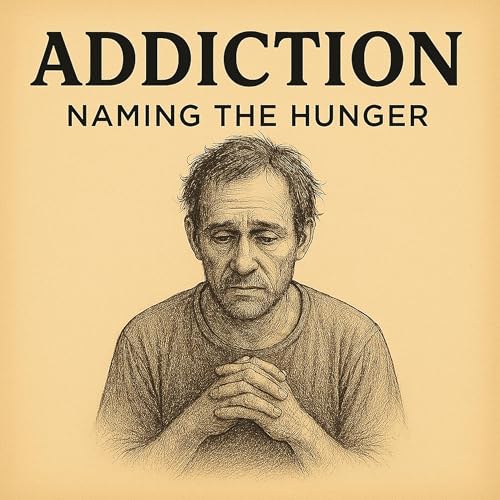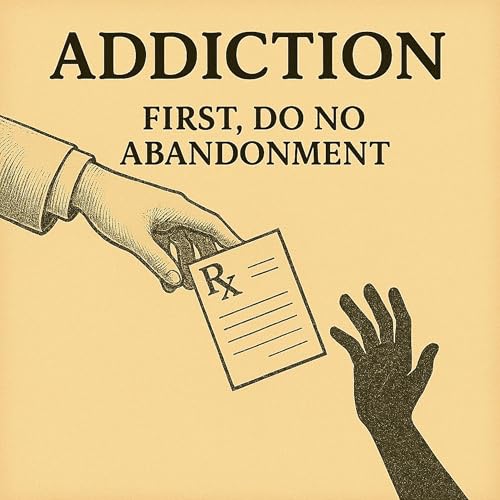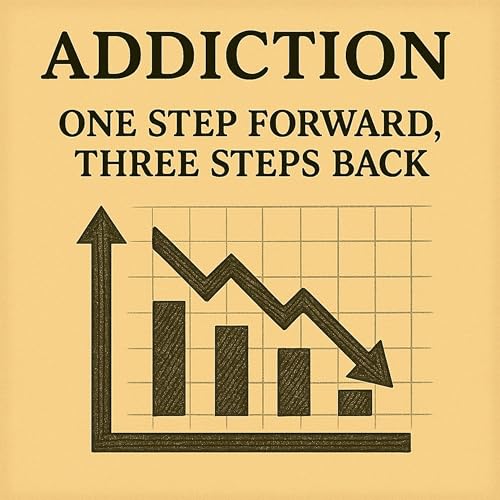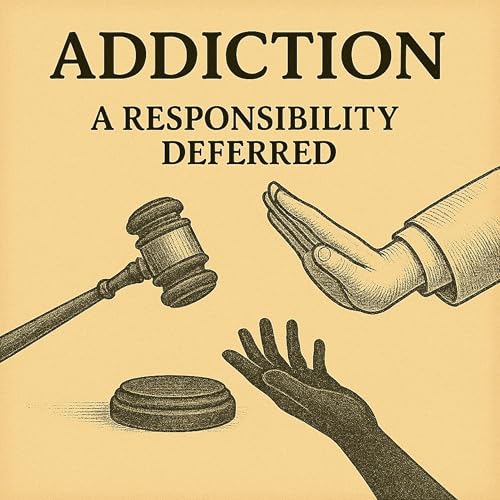
Addiction - Not a Moral Failing
Échec de l'ajout au panier.
Veuillez réessayer plus tard
Échec de l'ajout à la liste d'envies.
Veuillez réessayer plus tard
Échec de la suppression de la liste d’envies.
Veuillez réessayer plus tard
Échec du suivi du balado
Ne plus suivre le balado a échoué
-
Narrateur(s):
-
Auteur(s):
-
Niklas Osterman
À propos de cet audio
For decades, policy favored punishment over healing. From crack-era laws to “zero tolerance,” governments built enforcement-heavy systems that filled prisons while leaving demand untouched. This episode examines how deterrence failed: supply adapted, markets shifted, and harm multiplied. Meanwhile, treatment and harm reduction proved what punishment could not—reduced death, improved safety, restored lives. We explore the choice societies still face: criminalize people for the substances they use, or design systems that address why use begins and why it persists. The war on drugs was never a war on molecules—it was a war on communities.
By Niklas S. Osterman BHPRN, MA Addiction Specialist
Niklas Osterman
Épisodes
-
 Sep 16 202511 min
Sep 16 202511 minÉchec de l'ajout au panier.
Veuillez réessayer plus tardÉchec de l'ajout à la liste d'envies.
Veuillez réessayer plus tardÉchec de la suppression de la liste d’envies.
Veuillez réessayer plus tardÉchec du suivi du balado
Ne plus suivre le balado a échoué
-
 Sep 16 202510 min
Sep 16 202510 minÉchec de l'ajout au panier.
Veuillez réessayer plus tardÉchec de l'ajout à la liste d'envies.
Veuillez réessayer plus tardÉchec de la suppression de la liste d’envies.
Veuillez réessayer plus tardÉchec du suivi du balado
Ne plus suivre le balado a échoué
-
 Sep 16 202516 min
Sep 16 202516 minÉchec de l'ajout au panier.
Veuillez réessayer plus tardÉchec de l'ajout à la liste d'envies.
Veuillez réessayer plus tardÉchec de la suppression de la liste d’envies.
Veuillez réessayer plus tardÉchec du suivi du balado
Ne plus suivre le balado a échoué
Pas encore de commentaire


